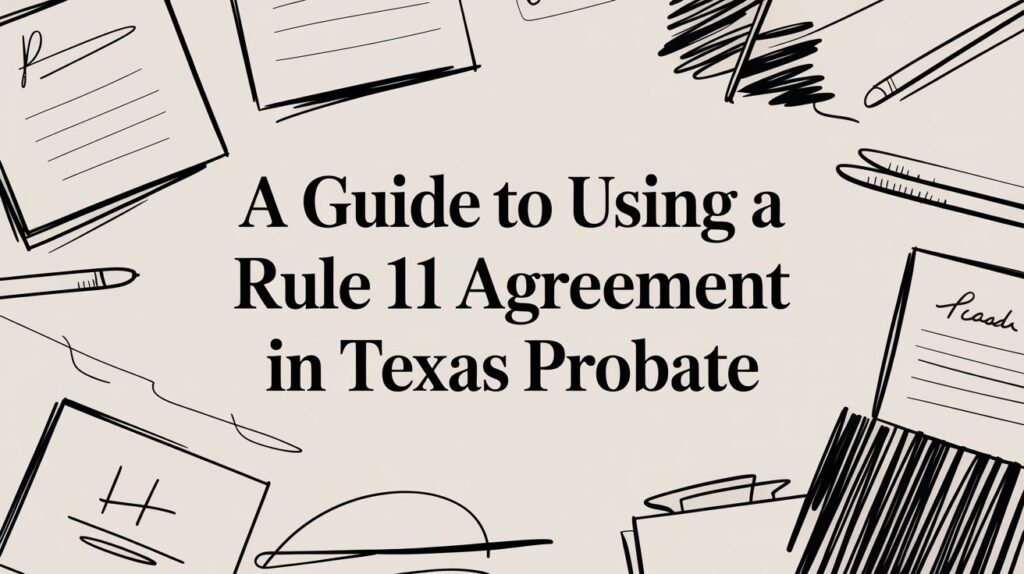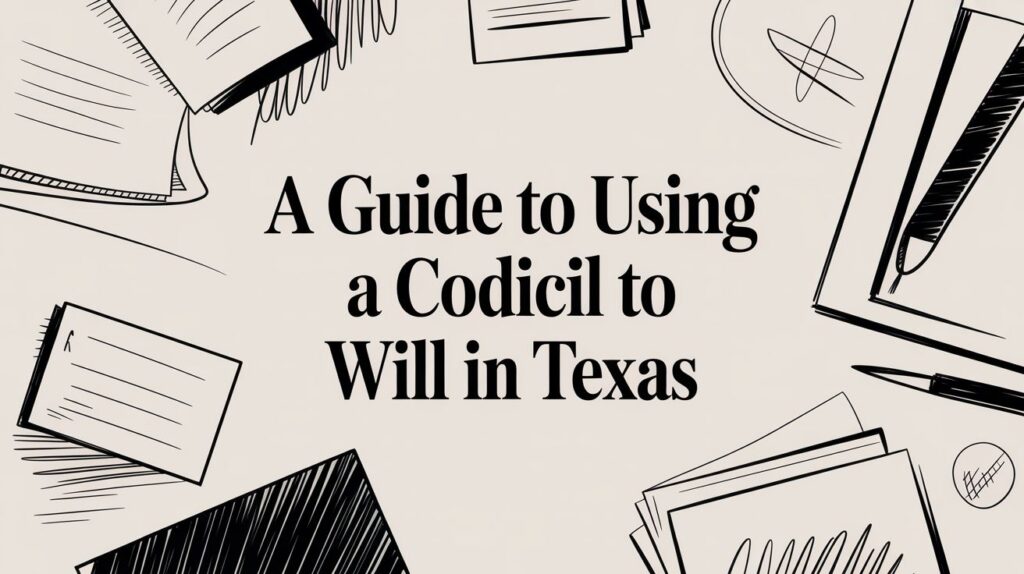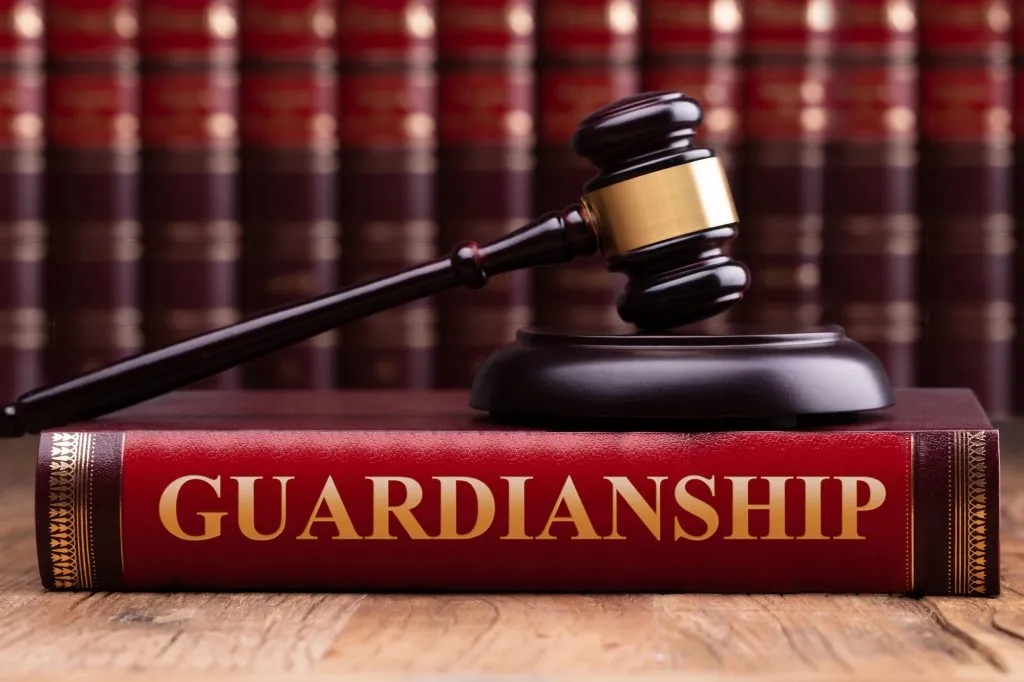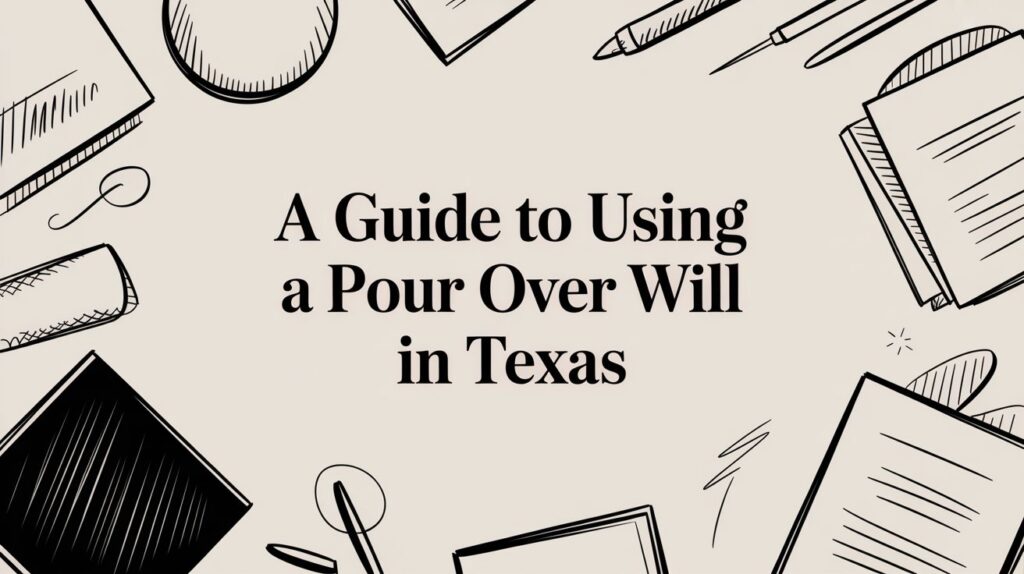Investing in real estate can be a lucrative venture, especially when you’re exploring unique opportunities like probate properties. In Texas, probate properties—sold as part of an estate settlement—offer significant rewards but also present their own set of risks and considerations. Before you dive into this market, it’s essential to understand what probate properties are, the potential upsides, and the pitfalls you need to watch out for. Let’s explore whether buying a probate property in Texas is the right move for you.
Understanding Probate Properties
A probate property is one that becomes available for sale after the owner has passed away and the estate is undergoing the probate process. Probate validates a will, settles the decedent’s debts, and distributes the assets to heirs or beneficiaries. During probate, the court may decide to sell the deceased’s property if it’s necessary to pay off debts or if the heirs choose to liquidate it.
In Texas, probate properties are typically sold in one of two ways:
- Through a probate auction: These properties are publicly auctioned by the court to the highest bidder.
- Via a real estate listing: Executors or estate representatives list the property on the open market, often with the help of a real estate agent specializing in probate sales.

The Rewards of Buying a Probate Property in Texas
Probate properties present unique advantages that make them appealing to certain buyers and investors:
1. Potential for Below-Market Pricing
Probate properties often sell for less than their market value, especially if the estate’s heirs are eager for a quick sale or if the property needs significant repairs. Buyers may be able to negotiate a deal well below the going rate, making probate properties an attractive option for those looking for discounted real estate.
2. Diverse Opportunities for Different Buyers
Probate properties can be a good fit for first-time homebuyers searching for affordable options, real estate investors hunting for undervalued properties, and flippers seeking their next project. The variety of properties available—ranging from single-family homes to multi-unit buildings—ensures that different types of buyers can find an option that suits their goals.
3. Less Competition Compared to Traditional Sales
While Texas’s real estate market is generally competitive, probate properties tend to attract less attention than traditional listings. Many buyers shy away due to the perceived complexity of the probate process, giving knowledgeable and prepared investors a competitive edge.
4. The Opportunity to Add Value
Probate properties are sometimes sold “as-is,” meaning they may require significant repairs or updates. For savvy investors and handy homebuyers, this represents an opportunity to add value to the property, potentially increasing equity or resale value. If you have the skills or resources to renovate, buying a probate property can yield substantial returns.
The Risks and Challenges of Buying a Probate Property

While probate properties can be enticing, they are not without their risks and complications. Here are some key challenges to consider:
1. Legal Complexities of the Probate Process
Probate can be a lengthy and complicated legal process, especially if there are disputes among heirs, issues with the will, or challenges involving creditors. As a buyer, you may face delays in the closing process, which can affect your timeline if you’re planning to renovate, rent, or resell the property quickly.
2. “As-Is” Sales and Potential Repair Costs
In probate sales, sellers typically sell properties “as-is,” without the obligation to disclose issues or make repairs, unlike in traditional real estate transactions. This means the buyer is responsible for any repairs or updates. It’s crucial to conduct a thorough inspection before purchasing a probate property to understand the extent of repairs needed and calculate whether the investment is still viable.
Example: Imagine purchasing a probate property in Texas, only to find out later that it has a damaged foundation. If you don’t account for these unexpected costs in your budget, the potential profit margin could shrink or disappear entirely.
3. Uncertainty About Clear Title
A clear title ensures that there are no legal claims or liens on the property that could affect your ownership rights. In probate sales, there is a possibility thatliens or unresolved debts attached to the estate may encumber the property. Working with a title company or real estate attorney is essential to confirm that the title is clear before finalizing your purchase.
4. Lengthy Closing Periods
In Texas, the probate process can take anywhere from a few months to over a year, depending on the complexity of the estate. As a buyer, you may face delays in closing, which can complicate your financial planning or project timeline if you are investing in the property with the intention of flipping it quickly.
The Process of Buying a Probate Property in Texas
If you’re intrigued by the potential rewards and are ready to navigate the risks, here’s a step-by-step guide on how to buy a probate property in Texas:
1. Research and Find Probate Listings
You can find probate properties on various platforms, including online real estate websites, courthouse auctions, and through specialized probate real estate agents. Connect with agents who specialize in probate sales; they often know about upcoming properties before they are publicly listed.
2. Perform a Thorough Property Inspection
A comprehensive inspection is crucial when considering a probate property. This isn’t just about evaluating the structure; it’s also about examining any legal, financial, or maintenance issues tied to the property. Keep in mind that sellers typically sell probate properties “as-is.” Understanding what you’re getting into will help you avoid costly surprises later.
3. Work With an Experienced Real Estate Agent or Attorney
Navigating probate sales in Texas is different from a typical real estate transaction. Engaging an experienced real estate agent or attorney familiar with probate law ensures you comply with legal requirements and avoid missteps. They can help with submitting offers, dealing with the court, and ensuring the property has a clear title before you close.
4. Prepare for Potential Delays
Patience is key when buying a probate property. Court approvals and other legal procedures might delay the transaction, so flexibility in your timeline and financial planning is important. Understanding this aspect of the process prepares you for any unexpected hurdles that may arise.
5. Submit Your Offer and Navigate Negotiations
Once you find a probate property you’re interested in, you’ll need to submit a formal offer, often through the court. The court may require approval before accepting your offer, so expect additional layers of negotiation compared to a standard real estate purchase. Prepare to negotiate with the executor or estate representative, as they may have different priorities and expectations.
Is Buying a Probate Property Right for You?

To determine if a probate property is a good fit for your investment goals, consider the following:
- Are you comfortable with risk? Probate properties come with a level of unpredictability. You must be willing to handle the possibility of legal complications, repair costs, and delays.
- Do you have a network of professionals? Successful probate property investors often rely on a team of professionals, including real estate agents, attorneys, inspectors, and contractors. Having access to experts who specialize in probate transactions can mitigate risks and streamline the process.
- Is your financing flexible? Given the potential for delays in closing, securing flexible financing that doesn’t pressure you with tight deadlines is crucial. Probate purchases may not fit neatly within the parameters of conventional mortgages, so explore alternative options like cash purchases or hard money loans if necessary.
Conclusion: The Final Verdict
Purchasing a probate property in Texas can be a rewarding investment, offering below-market prices and opportunities for savvy buyers. However, it is not without its risks—legal complexities, uncertain timelines, and potential repair costs all factor into the equation. Before diving in, make sure you have a solid understanding of the probate process, a clear strategy for managing the associated risks, and a reliable network of professionals to guide you.
Ultimately, if you approach probate properties with due diligence, patience, and preparation, they can be an exciting avenue for real estate investment. Whether you’re looking for a new home or a profitable flip, Texas’s probate market offers opportunities for those willing to navigate its unique challenges.








